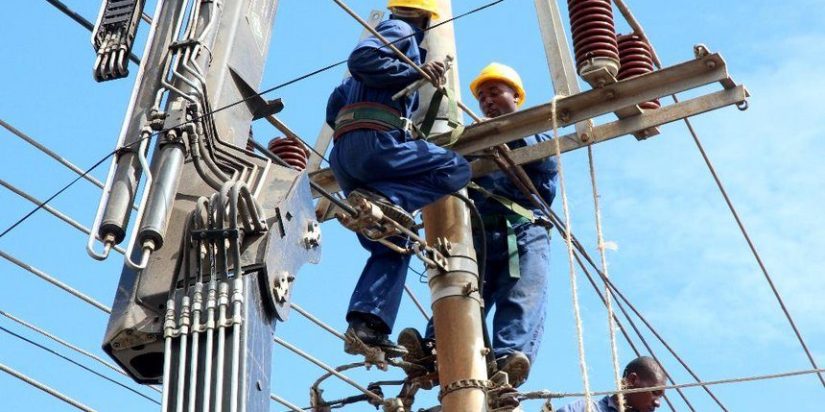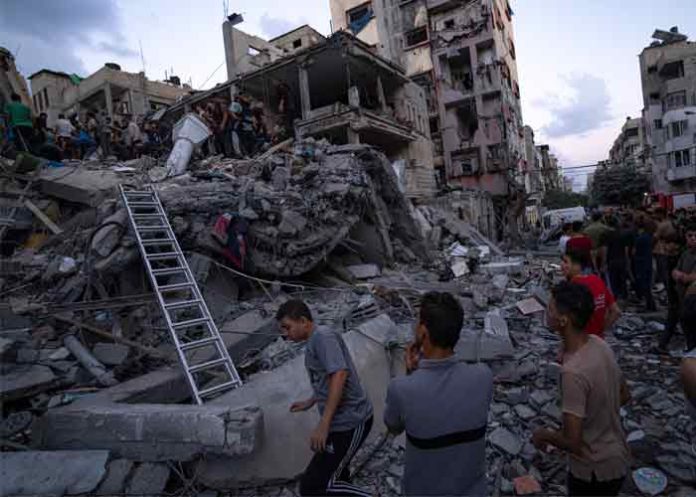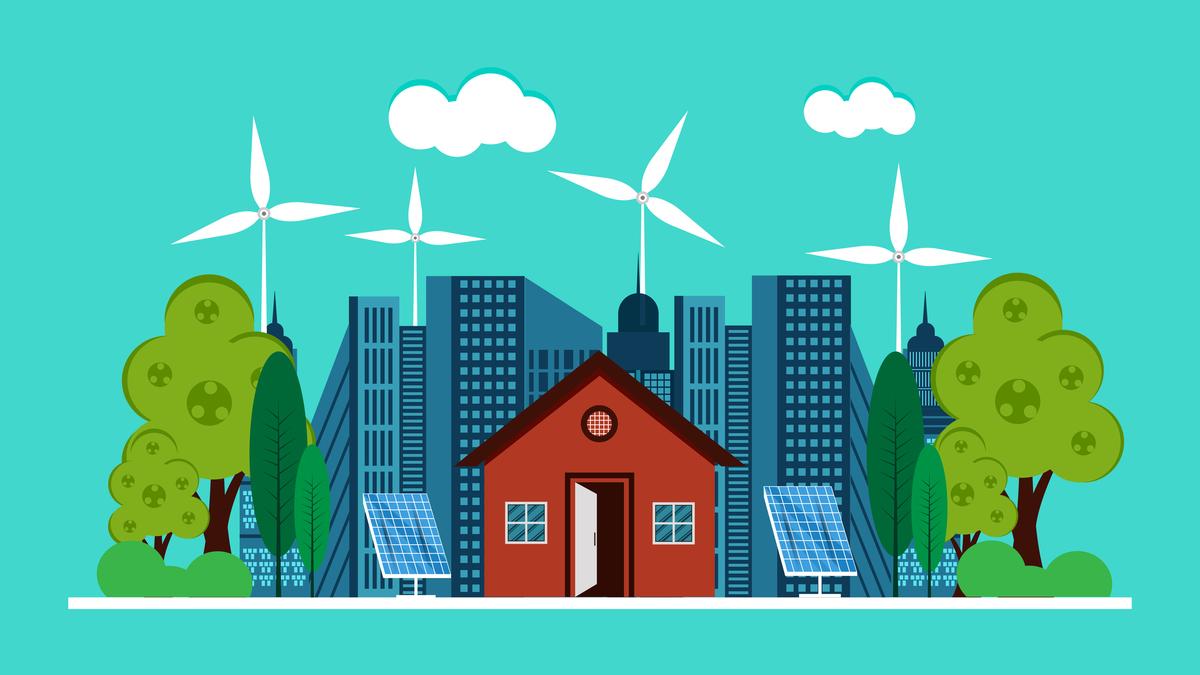
The Bay Area stayed on schedule Thursday morning to endure heavy winds and lower humidity heading into Friday, weather conditions that have created severe fire conditions and the likelihood of planned electrical shutdowns in several areas of the region. “Everything is still on track,” National Weather Service meteorologist Matt Mehle said. “We’re gonna see the winds start to kick in as we move into Thursday night.
” The dangerous weather has been forecast since earlier this week and led to the weather service issuing a red flag warning that begins at 11 p.m. Thursday and runs through 5 p.
m. Saturday. On Wednesday, the weather service added the Santa Cruz area to the warning, which already had included the interior areas of the Bay Area, the central coast, the Peninsula, the Bay Shoreline and downtown San Francisco.
A wind advisory also is set to go into play at 11 p.m. Thursday for the interior areas of the East Bay, the eastern Santa Clara hills and the North Bay mountains.
Isolated wind gusts could be as high as 65 mph, but they are expected to blow steadily between 25-35 mph and gust regularly at 40 mph, according to the weather service. As a result, humidity levels are expected to plummet. The relative humidity in Oakland was 90% at 5 a.
m. Thursday, according to the weather service. By 5 a.
m. Saturday, it’s expected to be about 30%. In some of the hottest areas, it may sneak below 25%.
That forecast was enough for PG&E to plan the possibility of shutting down power in parts of Alameda, Contra Costa, Napa, Solano and Sonoma counties. Other counties outside the Bay Area got better news from the utility. PG&E said substantial rainfall in the Northern and Central Sierra Nevada on Wednesday allowed them to remove Alpine, Amador, Calaveras, El Dorado, Nevada, Placer, San Luis Obispo, Sierra and Tuolumne counties from the list of planned shutdowns.
The dangerous weather is a result of a low-pressure system that’s tracking over land and creating off-shore winds blowing toward the ocean. Those conditions are not unusual for this time of year, nor is the fact that fire conditions will remain high even though temperatures will be relatively low. The hottest spots in the region are not expected to get much past the mid-80s.
“It’s tricky because you look at our history books. We’ve had fires in December. We’ve had them in January.
We’ve had them when the temperatures are in the 40s 50s and 60s,” Mehle said. “So you don’t need to have the hot temperatures to have the fire concerns.”.














